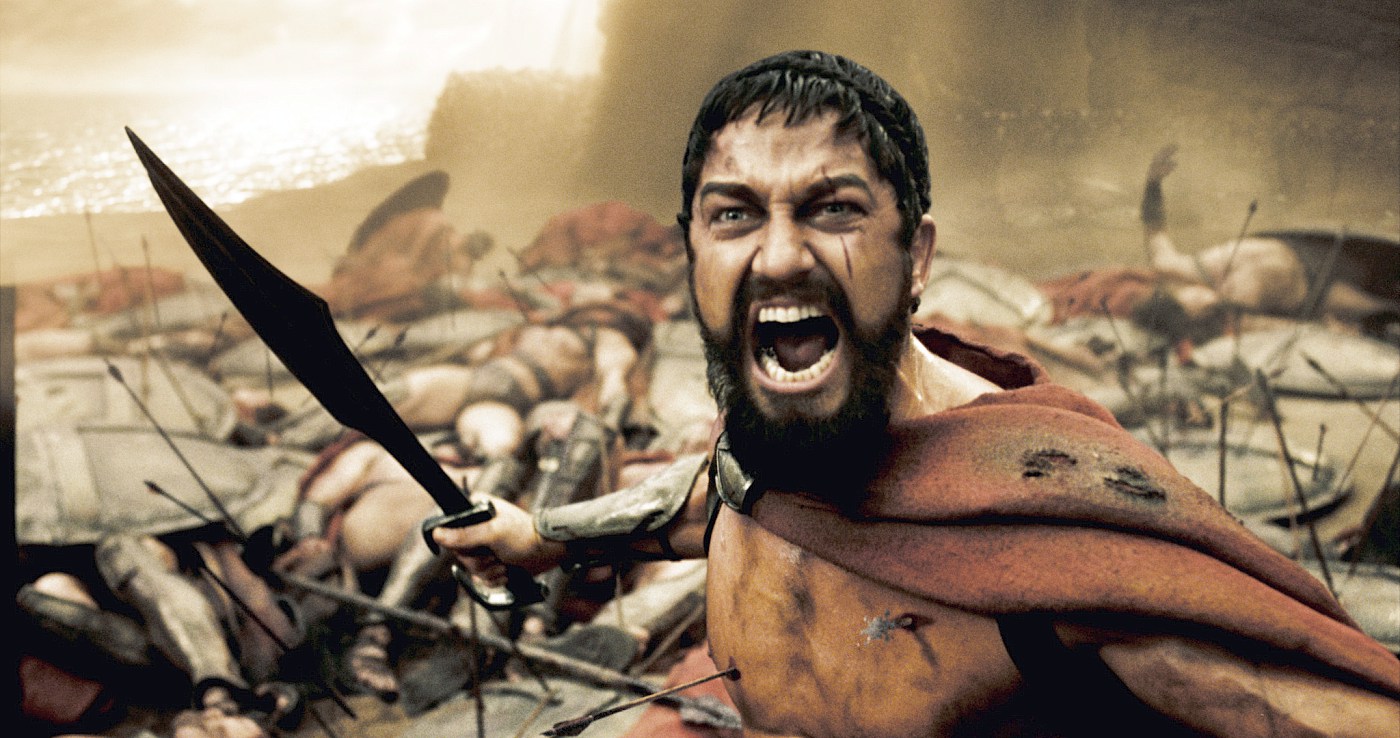Another HBP find from last month’s trip was added to the “done” pile over the weekend: Persian Fire by Tom Holland. I had had one of his other books on my actively seeking list, found and read it earlier in the year. This one was a chance discovery that I picked up since I enjoyed his work on Caesar’s Rome so much. Persian Fire is about one of the first great conflicts between the east and the west, the so called Persian War that took place in the 5th century BC between Persia and a coalition of Greek city states.

The first hundred are so pages are background, important background, but background nonetheless. It’s not until you get to the middle of the book does the real story of the lead up to the actual Persian War start and you are almost two-thirds of the way through before you get to the famous story of the Spartans at Themopylae. For those of you not familiar, Mr. Holland writes in the genre of narrative history, which is the weaving of a story to connect all the dates and places that make up “normal” (“non-narrative”?) history. The style works well for events that are more than a few centuries old, where many first hand accounts have been lost (although not all), but I do have to say that unlike Mr. Holland’s previous work, I did find myself having to find a quiet spot to concentrate on his prose in order to completely understand it – and he did have me reaching for a dictionary on more than one occasion.
The most interesting part to me, was the description in the last 20 or so pages of what happened after the Persians were defeated. The Greeks, most notably those from Athens and to a lesser extent Sparta, became the image of what they had fought against: “asking” for fees to support a pan hellenic league run by democracy. Mr. Holland posits that those paying were unable to see a real difference between the fees required by Athens and the tribute that they would have had to pay under Persian rule if they had lost. The author spends a lot of time in the preface to Rubicon disclaiming any tie into the modern world. He makes no such disclaimer in the preface to Persian Fire. Disclaimer or not, its hard not to see the obvious parallels. History doesn’t repeat but it does often rhyme. Tom Holland, therefore, may be considered a poet in addition to a narrative historian.
Leave a Reply